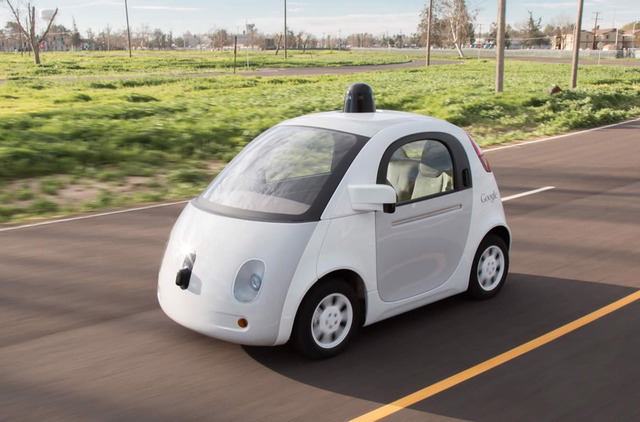How are autonomous cars going to be insured?

By now much has been written on autonomous cars. They are vehicles equipped with special sensors and terabytes of data that help propel them down the road sans human driver.
There’s an interesting underlying issue on autonomous self-driving vehicles that not many have considered. How are these vehicles going to be insured when the time comes for them to be mainstream?
Well, there is one group that has been considering the issue: the Insurance Information Institute, which is based in lower Manhattan. Michael Barry, its vice president of media relations, answered some of the questions that come to mind when thinking of insuring autonomous cars.
The following is a Q&A with Barry on some of the issues being faced:
Q. What is the insurance industry doing to prepare for autonomous cars?
A. Auto insurers are closely tracking the technological advances being made in the field of autonomous cars, realizing they’ll need to revisit how they price and underwrite policies as more of these cars make it onto roadways.
Q. What are some of the issues that have to be considered?
A. Liability is the key unresolved issue. If a driverless car crashes, can the driver be held liable as the at-fault party, or is it a product liability matter, where the manufacturer of the autonomous car is the liability party?
Q. Will autonomous vehicles lead to not needing car insurance? Or is that not viable? Because it seems as long as you finance a car, the lenders are going to want some insurance on a vehicle.
A. Auto insurance will always be needed because cars get damaged for reasons other than collisions. For instance, millions of auto insurance claims are filed annually because of cars damaged or lost completely due to weather events, vandalism and theft, and those threats will remain.
Q. Will insurance for autonomous vehicles move toward insuring the vehicle and not the driver? After all, doesn’t the driver become less important?
A. Since a policyholder’s driving record is an auto insurance rating criterion today, auto insurers will need to find other ways to assess a vehicle’s likelihood of generating an auto insurance claim.
Q. Or is it a case where more insurance will be required? Seems like the industry might have to insure against the potential failures of the vehicle’s onboard systems as well as the driver who might shut off the autonomous feature and operate under the driver’s control.
A. It is too early to say. The typical car on U.S. roadways is 11 years old so we’re decades away from seeing autonomous vehicles as a common sight.
Like today, an auto insurer will focus on a vehicle’s make/model and the number of miles driven in the future, even when autonomous vehicles become more commonplace.
The additional wrinkle you added — what happens when a driver chooses to shut off the driverless feature in an autonomous vehicle — will be another factor auto insurers need to consider in the future.
As you can tell by Barry’s answers, there is a lot to think about and it’s going to be a long time before all the answers are known. Just be aware, though, that the insurance industry is going to be a few steps ahead of the motoring public when the time comes.